
Emirates Airlines is executing an ambitious $5 billion fleet modernization strategy, combining next-generation aircraft acquisitions with extensive cabin upgrades to strengthen its global competitiveness.
The centerpiece of this plan is the December 1, 2025, commercial debut of its Airbus A350-900ULR (Ultra Long Range) on the Dubai-Adelaide route (EK440/441), marking a pivotal shift in the airline’s operational capabilities.
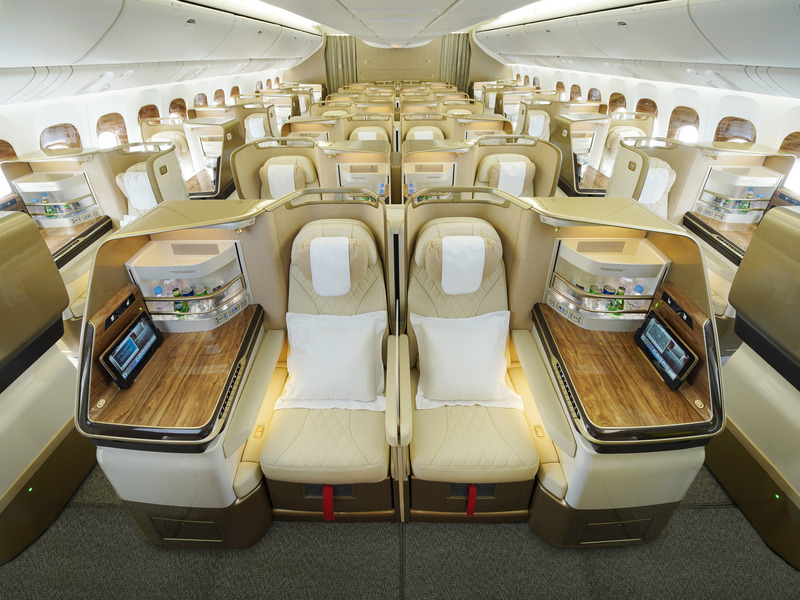
Configured with 298 seats, the A350-900ULR introduces a three-class layout optimized for long-haul efficiency: 32 Business Class suites with zero-gravity seating technology to reduce traveler fatigue, 28 Premium Economy pods offering 40 inches of legroom and customizable meal service, and 238 Economy seats with upgraded cushioning and personal device charging stations.
Powered by Rolls-Royce Trent XWB engines, the aircraft’s 9,700-nautical-mile range enables non-stop flights exceeding 15 hours while cutting fuel consumption by 20% compared to older wide-body models, aligning with Emirates’ goal to reduce carbon emissions by 25% per passenger-kilometer by 2030.
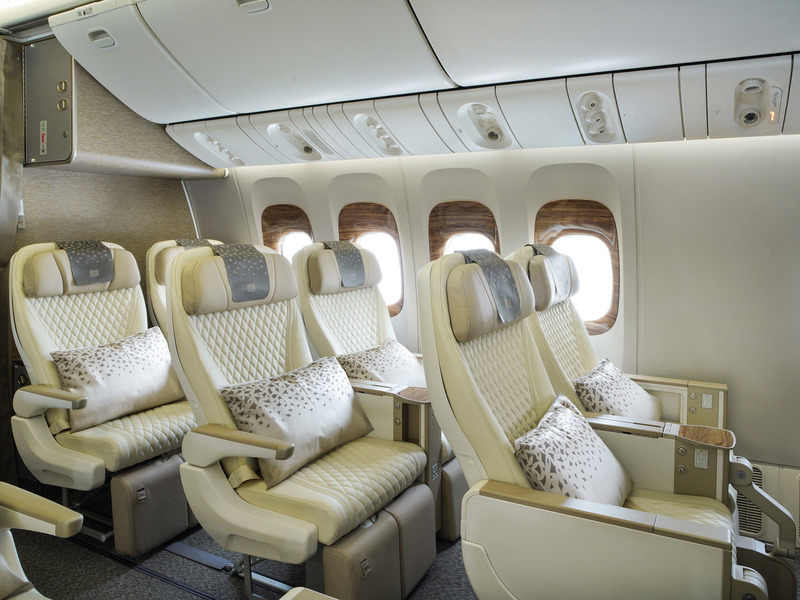
Retrofit Program Scale and Impact
The airline’s retrofit initiative-the largest in aviation history-targets 191 aircraft (120 A380s and 71 Boeing 777-300ERs) by late 2026, with 51 already upgraded across 38 cities since 2022. Key enhancements include:
- A380 Upgrades: New Premium Economy cabins (56 seats per aircraft) on the lower deck, redesigned First Class suites with virtual windows for center-aisle seats, and refreshed Onboard Lounges offering regionally inspired menus (e.g., Arabic mezze platters on Middle Eastern routes).
- Boeing 777-300ER Modifications: Four-class configurations featuring 8 First Class private suites, 42 Business Class lie-flat seats, 24 Premium Economy pods, and 224 Economy seats, all equipped with upgraded Panasonic eX3 entertainment systems.
From July to December 2025, retrofitted A380s will expand to Bangkok, Hong Kong, and Nice, while upgraded 777s will serve Madrid, Frankfurt, and Dublin, doubling Premium Economy seat availability to four million annually by 2026.
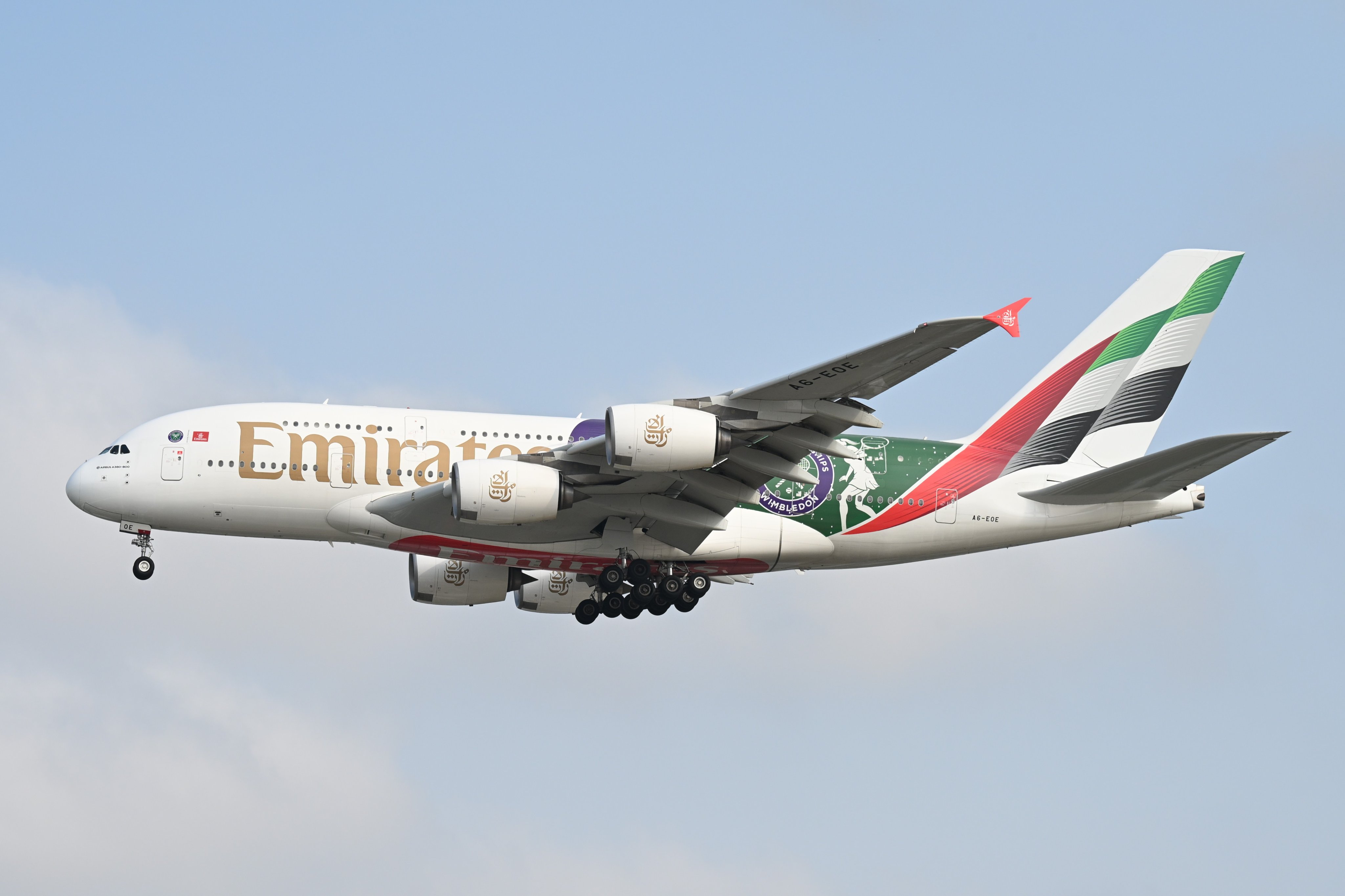
Australian Market Focus and Premium Demand
Emirates is strategically prioritizing Australia, where it operates 63 weekly flights to five cities, with the A350-900ULR deployment to Adelaide addressing growing demand for premium travel. The airline reports a 40% year-over-year surge in Premium Economy occupancy on Australian routes, driven by corporate clients and multi-generational families.
Perth will join Sydney, Melbourne, and Brisbane in receiving retrofitted A380s from October 26, 2025, offering travelers enhanced amenities like the Airbus-developed “Silent Cabin” noise-reduction technology. Future A350-900ULR deliveries will likely service ultra-long-haul routes such as Auckland-Dubai (16+ hours) and Houston-Dubai, leveraging the aircraft’s 280-ton maximum takeoff weight for payload flexibility.
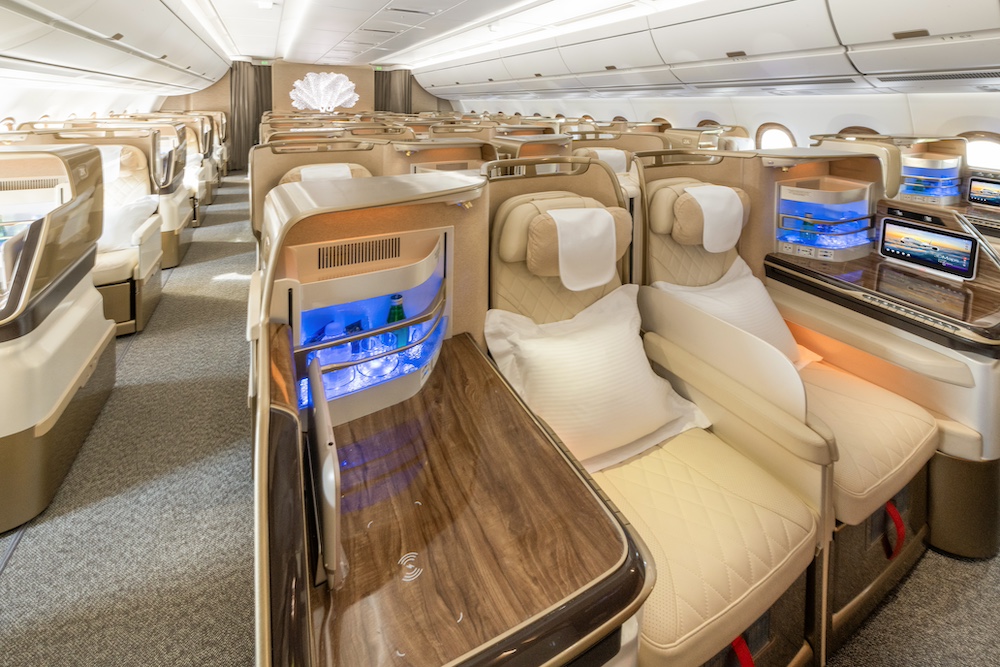
Sustainability and Market Positioning
The modernization plan integrates operational efficiency with environmental goals. The A350’s advanced aerodynamics and lightweight composite materials reduce contrail formation, while optimized flight paths across retrofitted routes lower fuel burn. Emirates’ retrofit program also includes waste-reduction measures, such as replacing single-use plastics with biodegradable meal packaging.
By 2026, the airline aims to offer Premium Economy on 90% of its wide-body fleet, targeting a 15% increase in premium revenue share to counter rising fuel costs and competition from low-cost carriers. This dual focus on passenger experience and sustainability positions Emirates to capture post-pandemic demand for high-quality, eco-conscious air travel.
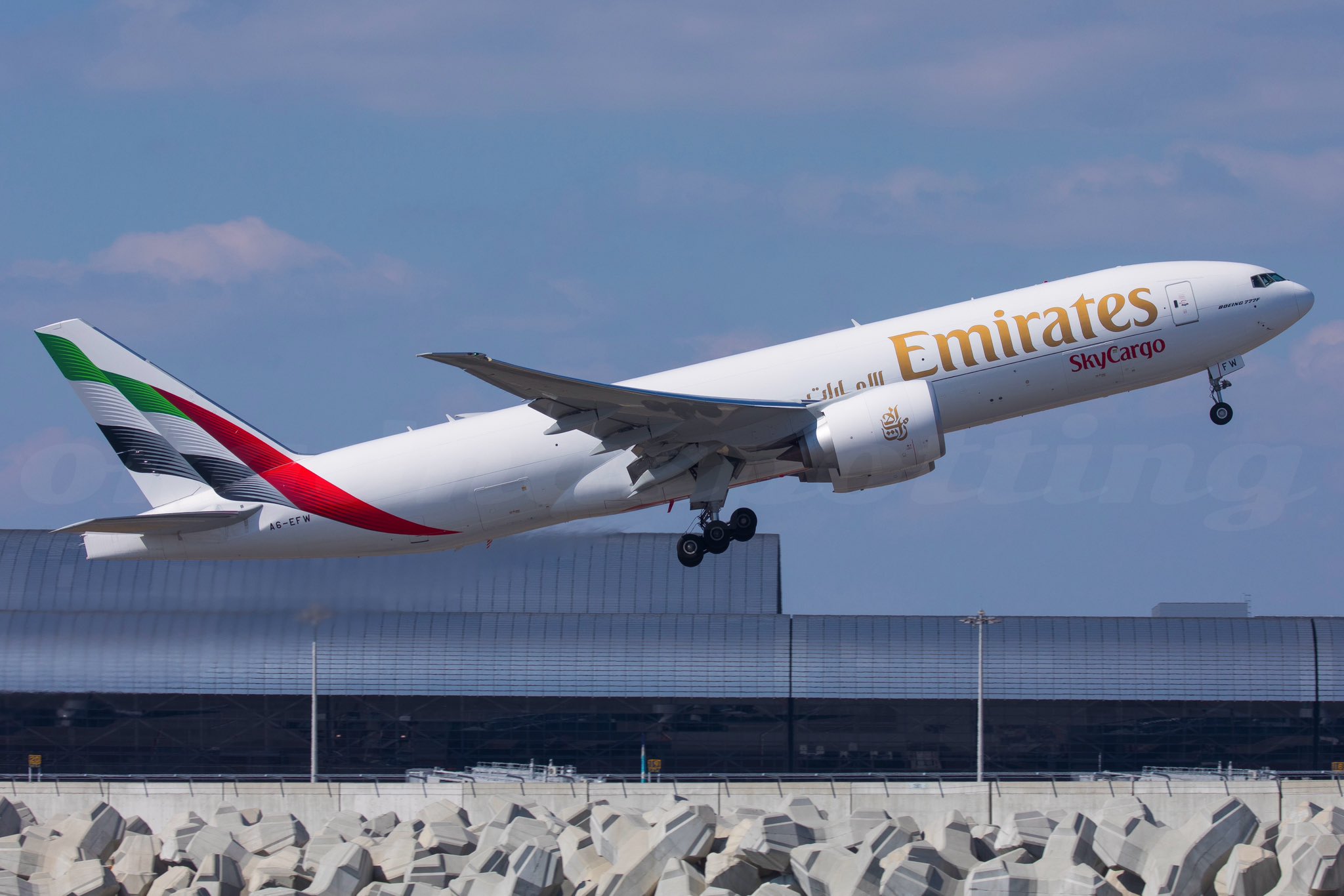
Operational Timeline and Passenger Benefits
-
A350-900ULR: Daily Adelaide flights from December 1, 2025, with lie-flat Business Class suites featuring 3D lumbar support and wireless device charging.
-
A380 Retrofits: Hong Kong (October 1), Nice (October 15), and Bangkok (July 1) routes gain Premium Economy and revamped lounges.
-
777 Upgrades: Madrid and Kuala Lumpur see four-class service from October 2025, featuring new vegan menu options and humidity-controlled cabins.
Passengers on all retrofitted aircraft will access Emirates’ latest ICE (Information, Communication, Entertainment) system, offering 5,000+ on-demand channels and real-time flight mapping via 4K OLED screens.
This comprehensive strategy underscores Emirates’ commitment to maintaining its status as a premium global carrier while addressing evolving traveler expectations and environmental imperatives.

.jpg)

.jpg)
.jpg)

.jpg)


.jpg)

.jpg)




.jpg)
.jpg)

.jpg)
.jpg)






.jpg)
.jpg)
.jpg)
.jpg)
 (1).jpg)

.jpg)
.jpg)


 (1).jpg)


.jpg)
.jpg)

.jpg)

.jpg)


.jpg)




